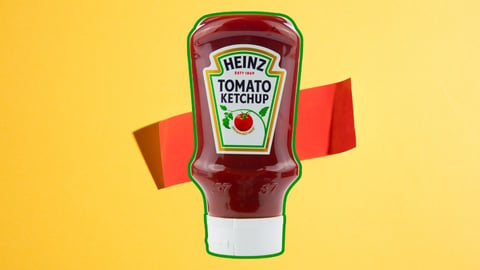Spiceology Departs Third-Party Cookies to Get a Larger Slice of the Pie
Third party cookies are on their way out, eliminating a key source of data for CGs and begging the question: How can organizations target consumers to attract new business and direct it to their website? This was a paint point Spiceology, a chef-owned and -operated producer of ingredients and spices, was looking to solve.
Founded in 2013 by executive chef Pete Taylor and food blogger Heather Scholten, Spiceology needed a new way to continue driving addressability in a privacy-compliant way after a decade of leaning on third-party cookies.
“Google Chrome plans to stop allowing them by 2023 and — even more pressing for us — Safari and Firefox browsers already don't allow third-party cookies as their default, which is where we get over a third of our visitors,” says Chip Overstreet, CEO of Spiceology.
Enter Parrable and MediaMath.
[Related: Preparing for a New Era of Consumer Data]
Spiceology’s main goal was to find a solution that would get in front of its target audience, without having to rely on third-party cookies. Using consent-based Javascript/Onboarding Pixel, integrated with MediaMath's demand-side platform (DSP), was the perfect fit.
The organization implemented Parrable’s pixel on its landing page to build a completely anonymized pool of devices. Overstreet says the integration allows the company to retarget devices across all browsers and increase retargeting revenue.
Results: A Larger Slice of the Pie
This pivot garnered immediate results, giving the company visibility into 60% more consumers than it could reach before. “We literally added one line of javascript to our site and started serving ads,” he says.
Overstreet says the implementation also created a “commensurate increase” in revenue generated with positive return on ad spend.
“We are steadily increasing our revenue from the retargeting audience, especially as we are now able to retarget users anonymously across all browsers, including Google Chrome,” he says, adding that with the DSP platform, the company has also been able to future-proof its audiences, “preserving the ability to reach, convert, and measure shoppers on the web well after third-party cookies are no longer an option for advertisers.”
But the most significant impact has been on sales. Having spent many years in the personalization space, Overstreet recognizes that consumers expect more sophisticated and authentic communication of brands.
“We live in an interrupt-driven world, where at any moment you're going to get a text message or push notification or email or phone call that can distract you from whatever you're doing, including completing that online order,” he says. “Getting a friendly reminder that you’ve left something in your cart in the form of a display ad is a benefit to the consumer.”
Takeaways and Best Practices
The challenges CPGs are facing are more acute, says Overstreet, as a large percentage of products are sold through retail and distribution — where there isn’t visibility into who is buying. In order to overcome this, he says DTC has been a great eye opener.
“You're able to finally know with certainty what demographic segments are buying your products, how they're discovering you, what messaging resonates, and so much more,” he says. “That is what makes this change in IOS so painful; it cuts off that visibility further up the funnel.”
[Read More: Leveraging First-Party Data in a Privacy Centric World]
Overstreet advises that CPGs do whatever they can to “turn the lights back on and regain that visibility,” including considering varied channel partnerships. For example, he says Spiceology has a broad spectrum of channel partners, leaning on companies like ACE Hardware, which caters predominantly to a backyard and BBQ audience, to a Nordstrom — “a very different shopper.”
This will translate not only to online visibility, but will inform channel strategies, allowing companies to identify key products that match specific demographics to stores that cater to the same audiences.





